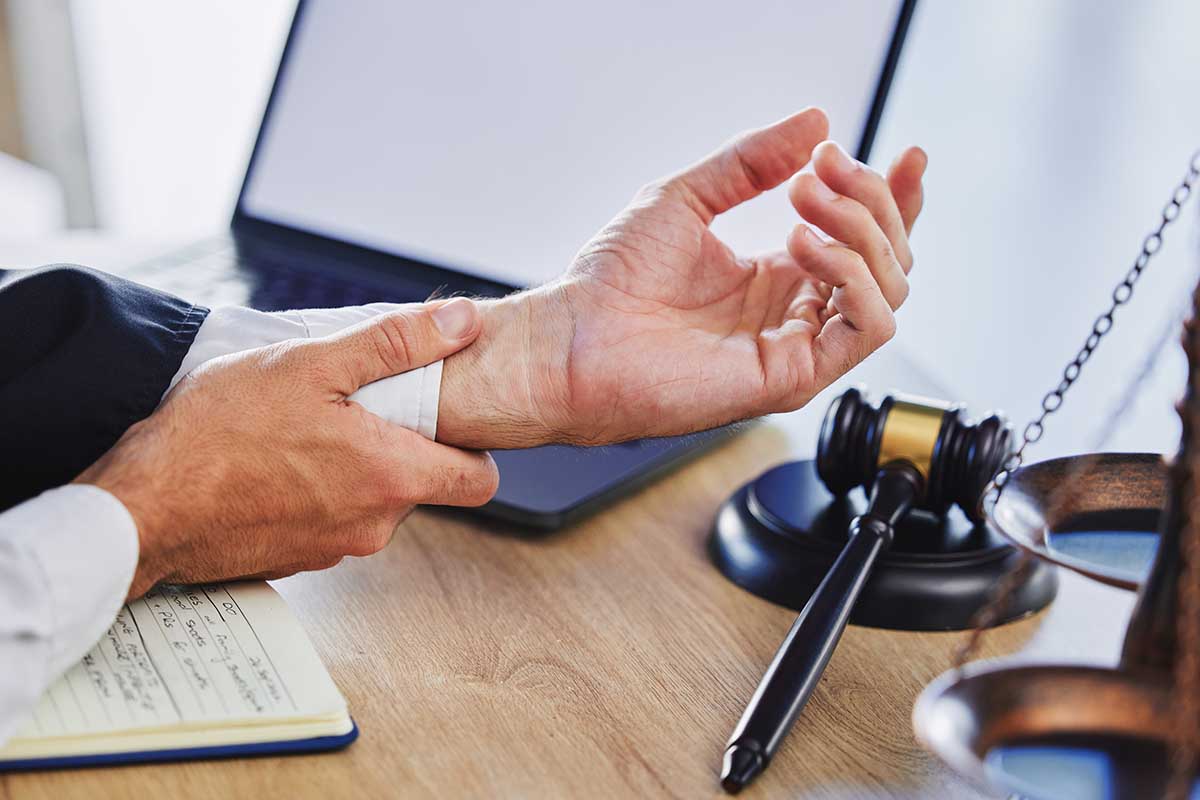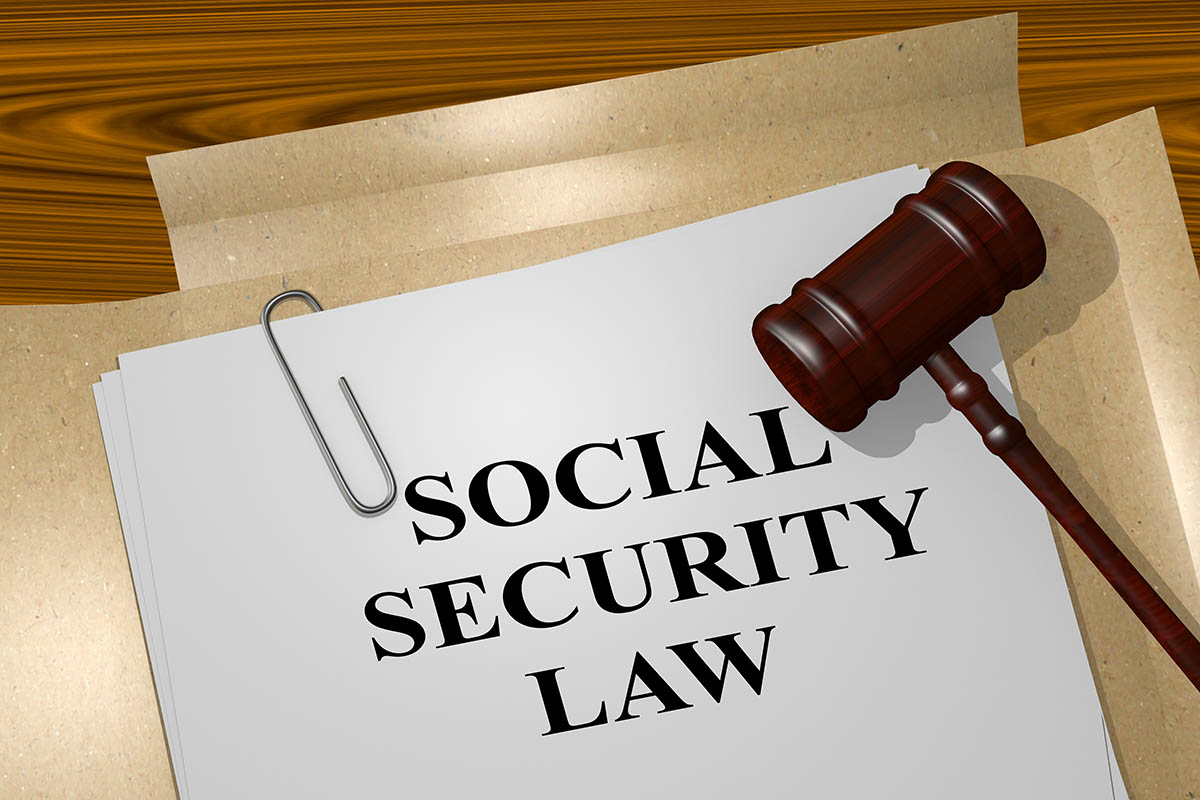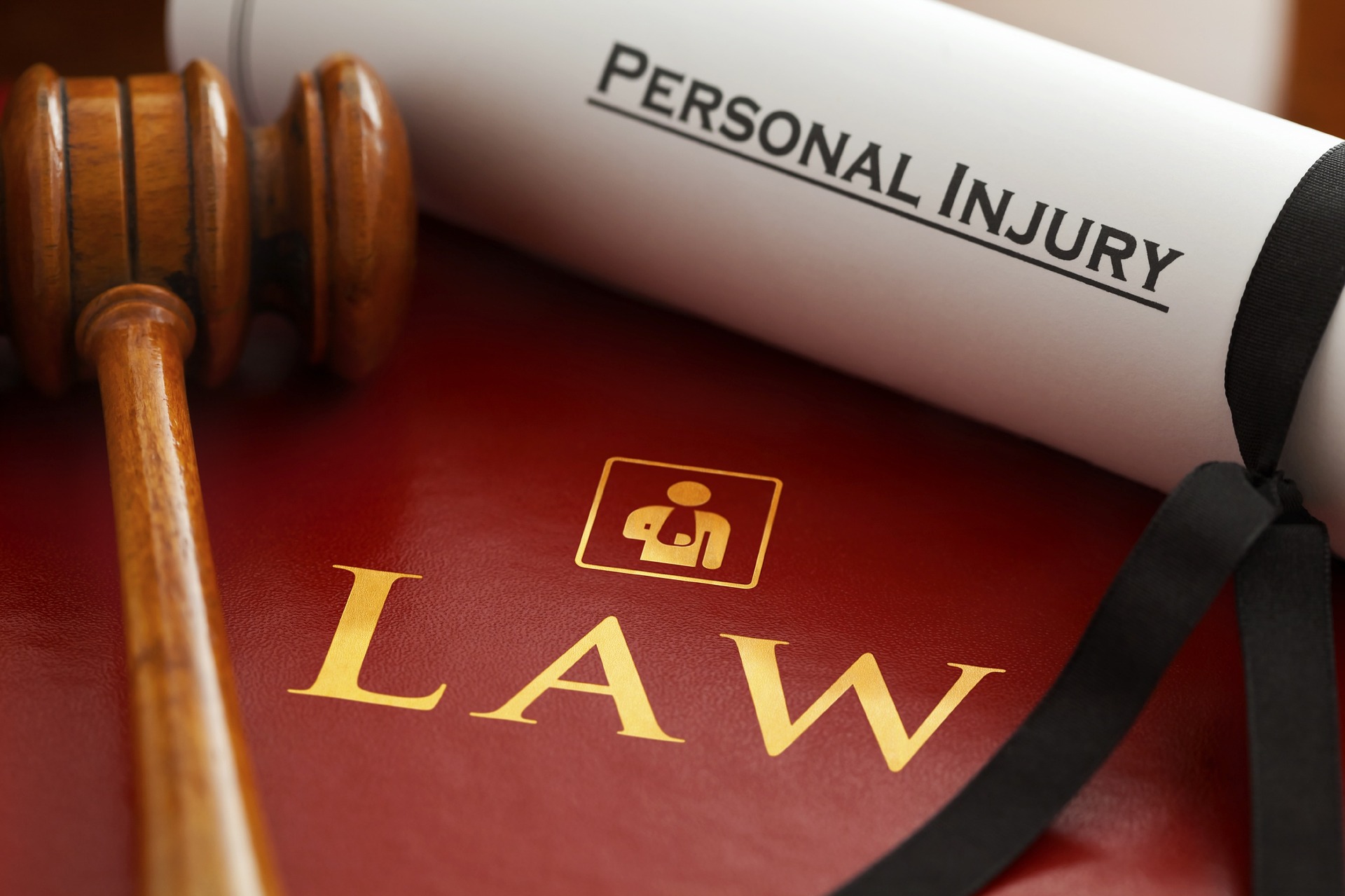The Emotional Toll of Dealing with a Personal Injury Lawsuit
Facing a personal injury lawsuit can be one of the most challenging and emotionally draining experiences a person can go throug
Beyond the physical pain and financial strain, the emotional toll of navigating a legal battle can be profound and often overlooked.
Understanding these emotional challenges can help individuals better cope and seek the support they need from loved ones and a Santa Rosa personal injury lawyer during this difficult time.
Fear and Uncertainty
From the moment an accident occurs, fear and uncertainty can set in. The sudden disruption of normal life due to an injury, coupled with the daunting prospect of a legal battle, can leave individuals feeling anxious and overwhelmed.
Questions about the future, the outcome of the case, and financial stability can weigh heavily on the injured person and their loved ones. The legal process itself can seem intimidating and unfamiliar, adding to these feelings of anxiety.
Anger and Frustration
Dealing with a personal injury often leads to intense feelings of anger and frustration. Victims may feel a profound sense of injustice or betrayal, especially if the injury was caused by someone else’s negligence or recklessness.
These emotions can be exacerbated by delays in the legal process, disputes over liability, or perceived injustices in the compensation offered.
The inability to quickly resolve the situation can intensify these feelings, impacting both the injured person and their support network.
Isolation and Loneliness
While recovering from an injury, individuals may isolate themselves from their usual social circles. Physical limitations and medical treatments can restrict mobility and reduce social interactions, leading to feelings of loneliness.
The legal focus on the case may further isolate them emotionally, as friends and family may struggle to understand the complexities involved or may inadvertently add to the stress by offering unhelpful advice or opinions.
This isolation can deepen feelings of sadness and disconnect, making it crucial for individuals to actively seek out supportive relationships and communities during this challenging time.
Guilt and Self-Blame
In some cases, individuals may experience guilt or self-blame following a personal injury. They may question their decisions leading up to the accident or feel responsible for the financial burdens placed on their loved ones.
These feelings can be exacerbated if others imply or directly blame them for the incident, further undermining their self-esteem and emotional well-being.
Managing these emotions is critical to maintaining mental health during the recovery and legal process.
Depression and Anxiety
The prolonged stress of a personal injury lawsuit can contribute to the development or exacerbation of depression and anxiety symptoms.
Uncertainty about the future, financial worries, ongoing physical pain, and the complexities of navigating legal proceedings can all take a toll on mental health.
Symptoms may include persistent sadness, changes in appetite or sleep patterns, difficulty concentrating, and heightened irritability.
Individuals need to recognize these signs and seek professional help if needed, as untreated mental health issues can significantly hinder recovery and overall well-being.
Loss of Control
One of the most challenging aspects of dealing with a personal injury lawsuit is the loss of control over one’s life.
Decisions about medical treatments, legal strategies, financial matters, and the overall trajectory of the case may be made by lawyers, insurance companies, or judges, leaving the injured person feeling powerless.
This loss of autonomy can exacerbate feelings of frustration, anxiety, and helplessness, especially if the legal process drags on or if outcomes are uncertain.
Finding ways to regain a sense of control, such as staying informed about the case, actively participating in decision-making where possible, and focusing on areas of life that are within their control, can help individuals cope with these feelings.
Impact on Relationships
The emotional toll of a personal injury lawsuit can also strain relationships with family, friends, and colleagues.
Loved ones may struggle to understand the emotional turmoil the injured person is experiencing, leading to misunderstandings or conflicts. Conversely, the injured person may withdraw emotionally or physically from relationships due to pain, stress, or feelings of inadequacy.
Open communication, patience, and empathy from both sides are crucial in maintaining supportive relationships during this challenging time. Seeking professional counseling or attending support groups together can also help families navigate these difficult dynamics and strengthen their bonds.
Seeking Support and Coping Strategies
During this emotionally challenging time, individuals must seek support from friends, family, or support groups. Connecting with others who have gone through similar experiences can provide validation, understanding, and practical advice.
Additionally, seeking guidance from a mental health professional, such as a therapist or counselor, can help individuals develop coping strategies and regain a sense of control over their emotions.
Therapy may involve techniques such as cognitive-behavioral therapy (CBT) to address negative thought patterns, relaxation techniques to manage stress, and strategies for improving communication with loved ones.
Legal Milestones and Emotional Responses
Throughout the legal process, certain milestones can trigger strong emotional responses. For example, receiving a settlement offer may bring relief or disappointment, depending on how well it meets the injured person’s needs and expectations.
Court hearings or depositions may evoke anxiety or nervousness, as individuals prepare to recount their experiences in a formal setting.
Waiting for a verdict or judgment can be particularly stressful, as it represents a critical turning point in the case’s outcome. Understanding these emotional responses as normal reactions to significant events can help individuals navigate them more effectively and seek support when needed.
Finding Meaning and Resilience
Despite the challenges, many individuals find ways to grow emotionally and find meaning in their experiences of dealing with a personal injury lawsuit. Some may become advocates for legal reforms or raise awareness about safety issues related to their injury.
Others may develop a deeper appreciation for life and relationships, recognizing their own strength and resilience in overcoming adversity. Seeking out positive activities, hobbies, or volunteer opportunities can also provide a sense of purpose and fulfillment during recovery.
Dealing with a personal injury lawsuit is not just about physical recovery and legal battles; it’s also about navigating complex emotions and psychological challenges.
Recognizing the emotional toll of these experiences is the first step towards finding healing and resilience. By seeking support from loved ones, connecting with others who understand, and seeking professional guidance when needed, individuals can better cope with the emotional challenges of a personal injury lawsuit.
Ultimately, it’s important to prioritize mental health and well-being throughout the recovery process, as emotional healing is essential for overall recovery and future well-being.





















